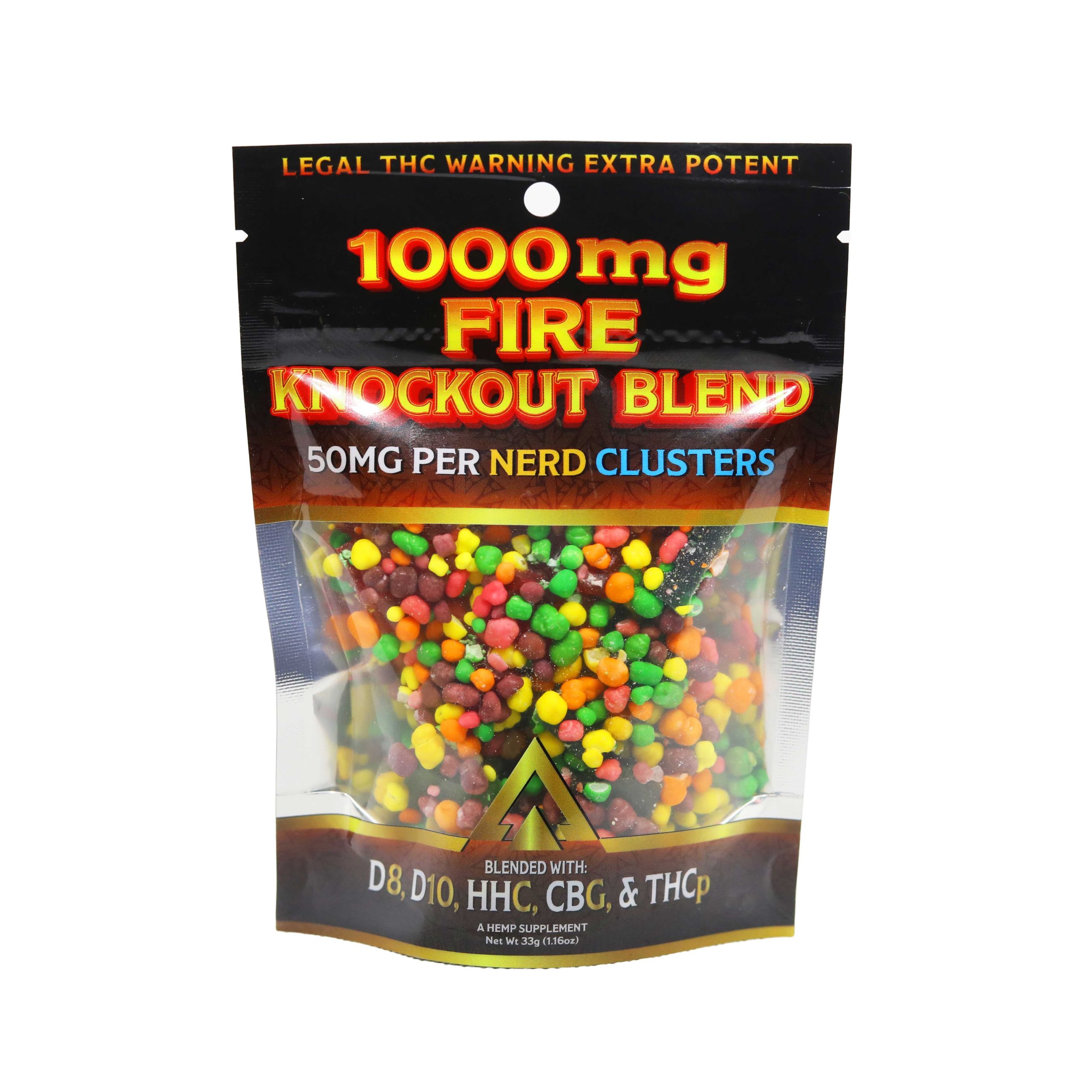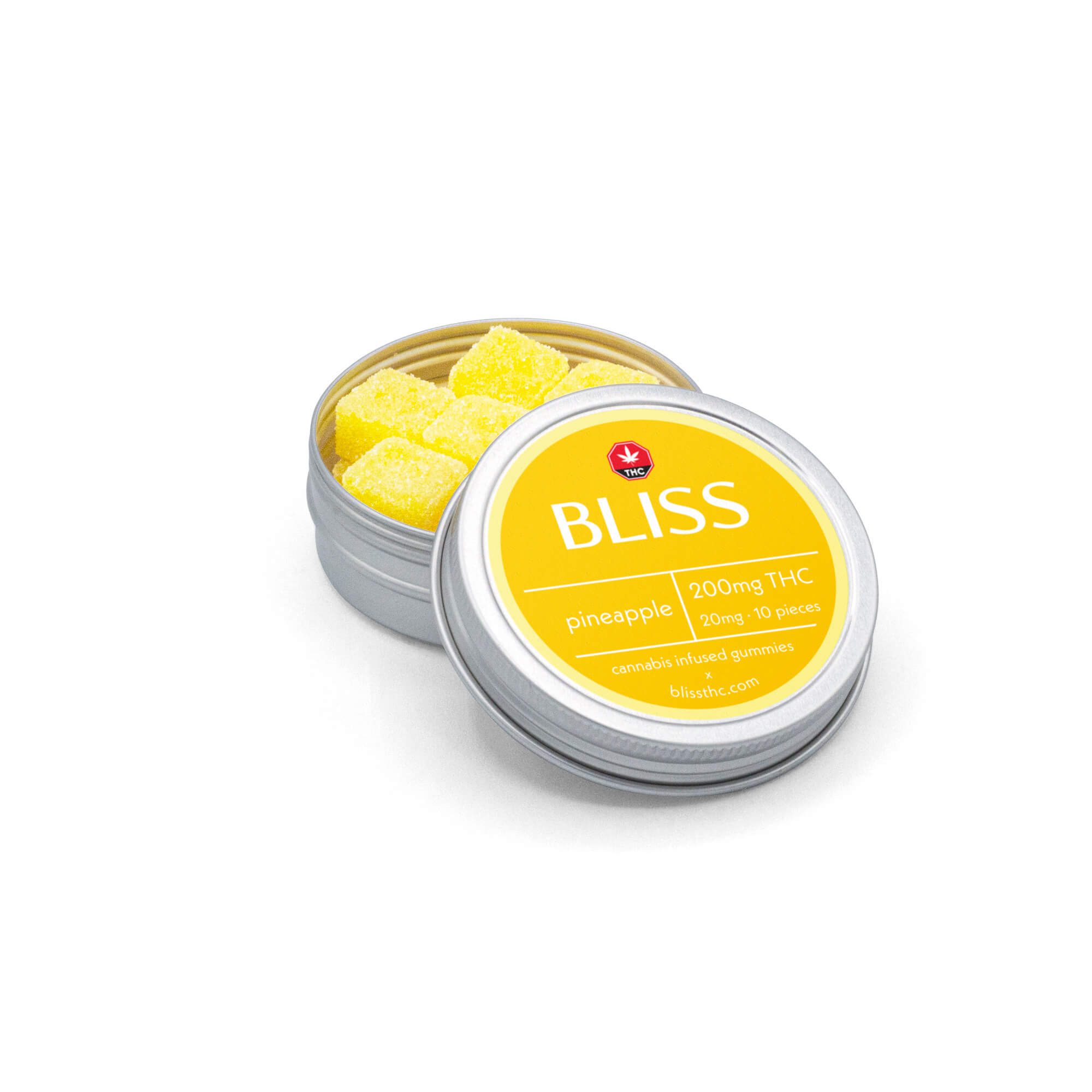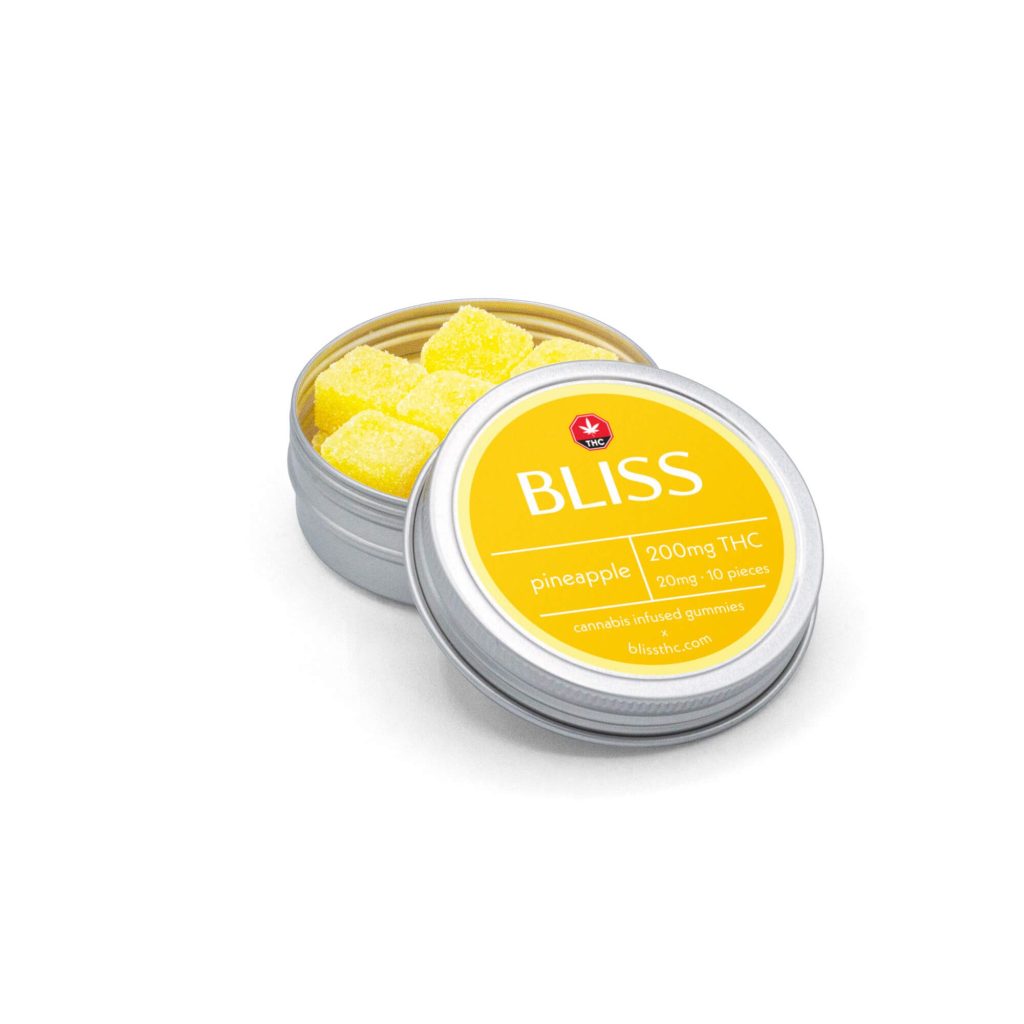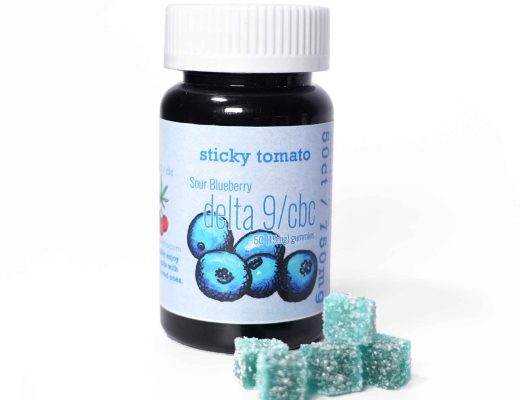In the ever-expanding landscape of cannabis derivatives, THCP gummies have emerged as a tantalizing option for those seeking alternative methods of consumption. These edibles, infused with the lesser-known cannabinoid tetrahydrocannabiphorol (THCP), have garnered attention for their potential therapeutic benefits and recreational allure. But before indulging in these treats, it’s crucial to delve deeper into their effects, benefits, and possible risks.
Understanding THCP and Its Potential
THCP, often dubbed the “new kid on the block” in the cannabinoid realm, has been the subject of scientific intrigue due to its purported potency and unique interactions with the endocannabinoid system. Like its more famous counterpart, THC, THCP is believed to possess psychoactive properties, albeit potentially more potent. Some early studies suggest that THCP may bind more strongly to cannabinoid receptors in the brain, potentially leading to heightened effects compared to THC.

Exploring the Benefits of THCP Edibles
One of the primary appeals of THCP gummies lies in their potential therapeutic benefits. Advocates suggest that these edibles may offer relief from various ailments, including chronic pain, anxiety, and inflammation. Additionally, proponents argue that THCP, coupled with other cannabinoids and terpenes present in the gummies, may produce an entourage effect, enhancing the overall therapeutic experience.
Risks and Considerations
Despite the promise of THCP edibles, it’s essential to acknowledge potential risks and considerations associated with their consumption. Firstly, the legality of THCP varies depending on jurisdiction, with some regions yet to regulate its use. Additionally, due to the lack of extensive research, the long-term effects of THCP consumption still need to be determined. Users should also exercise caution regarding dosage, as excessive consumption may lead to adverse effects such as paranoia, increased heart rate, and cognitive impairment.

Finding the Right Fit
Determining whether THCP gummies suit you involves carefully considering individual factors, including personal health history, tolerance to cannabinoids, and desired effects. Consulting with a healthcare professional or knowledgeable cannabis provider can offer valuable insights and guidance tailored to your needs.
The Future of THCP Edibles
As interest in alternative cannabinoids continues to grow, the future of THCP edibles appears promising yet uncertain. Continued research into THCP’s pharmacological effects and therapeutic potential will likely shape its trajectory in the cannabis market. Regulatory frameworks will also play a crucial role in determining the accessibility and safety of THCP products for consumers.




